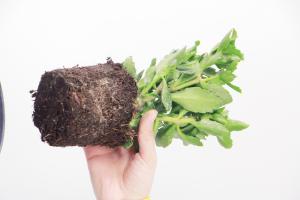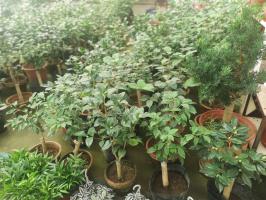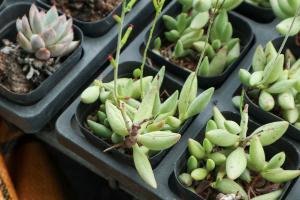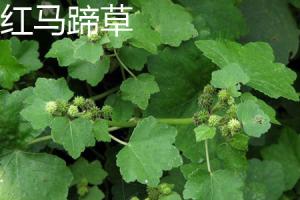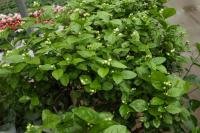1. Does Hydrangea have dormancy
Hydrangea has a dormancy period
June to August of each year is the flowering period of hydrangea. After the flowering period, the branches and leaves of Hydrangea began to wither and turn yellow slowly. When winter comes, Hydrangea will gradually enter the dormancy period, and the nutritional demand for water and nutrients will gradually decrease
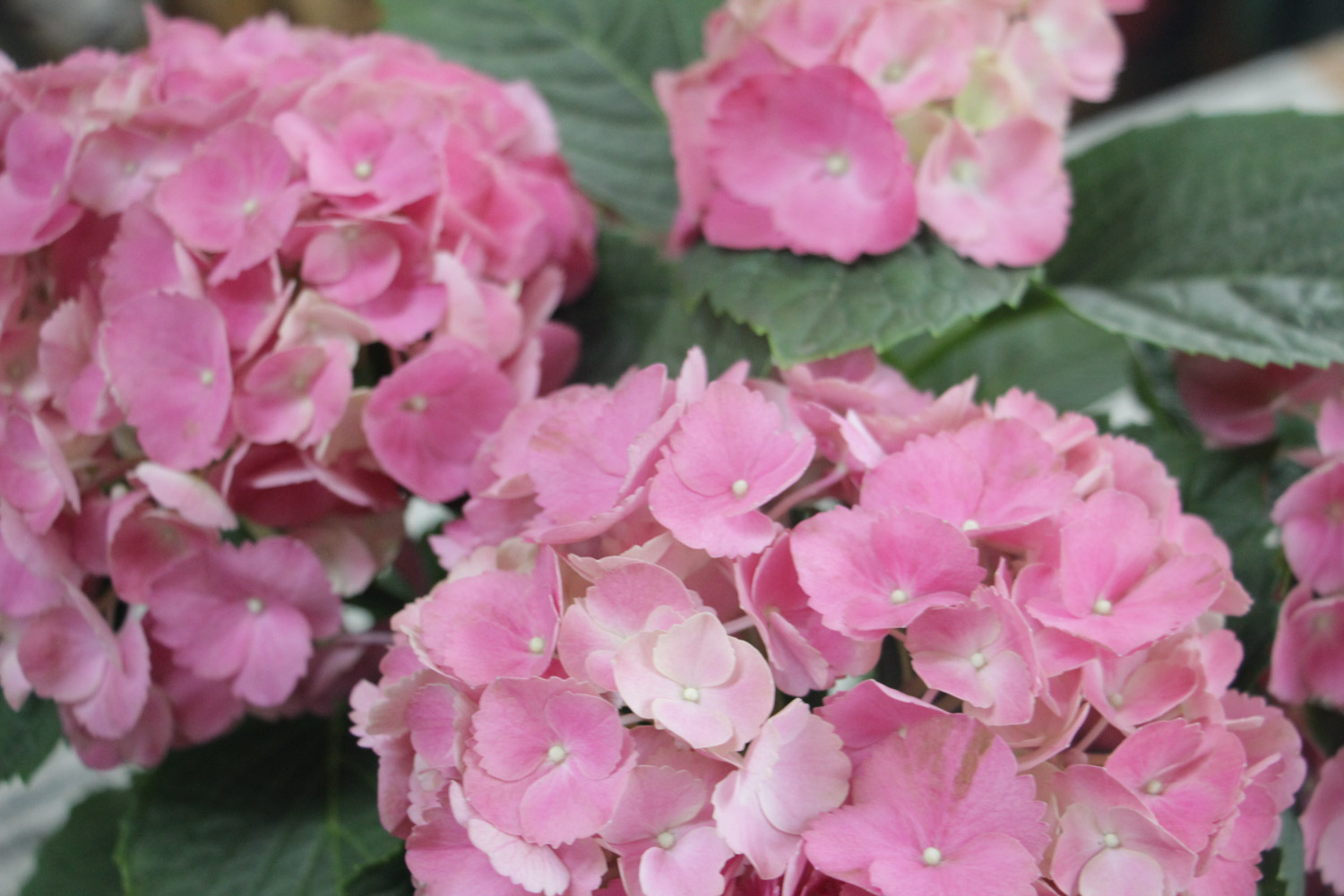
During this time, watering can be controlled to reduce the amount of water, as long as the basin soil surface is kept wet. If the root cannot be absorbed in time due to excessive watering, ponding will be formed, which is very easy to frostbite the root at low temperature. In terms of fertilization, it should also be noted that it can not be fertilized during winter dormancy, otherwise it will not be able to hibernate, and then freeze to death because it cannot resist the cold temperature. Pay attention to placing it in an environment with appropriate temperature so that it can survive the winter safely
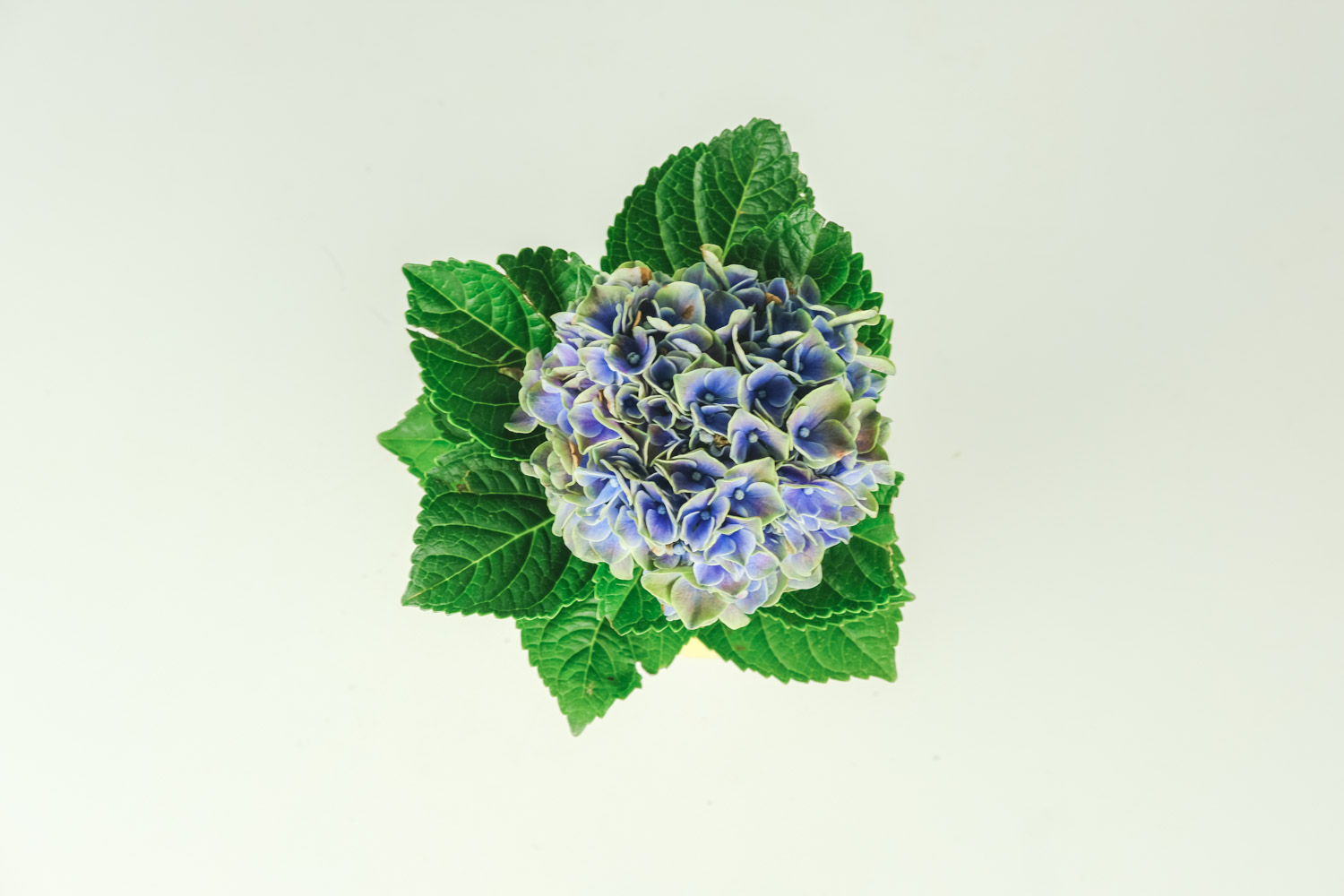
2. How long is the dormancy period of Hydrangea
The dormancy period of Hydrangea is generally in winter, about three months from November to January. During this period of time, if it is a plant cultivated in the open field, it should be banked up to keep warm. If it is a potted Hydrangea, it can be maintained indoors facing south and the sun to avoid the invasion of cold wind and low temperature
However, when the temperature is not very low in early winter, it can continue to accept the cold test outdoors. This can enhance its cold resistance and help it bloom smoothly in the coming year. When the temperature is lower than six degrees or even zero degrees, it must be moved to indoor maintenance
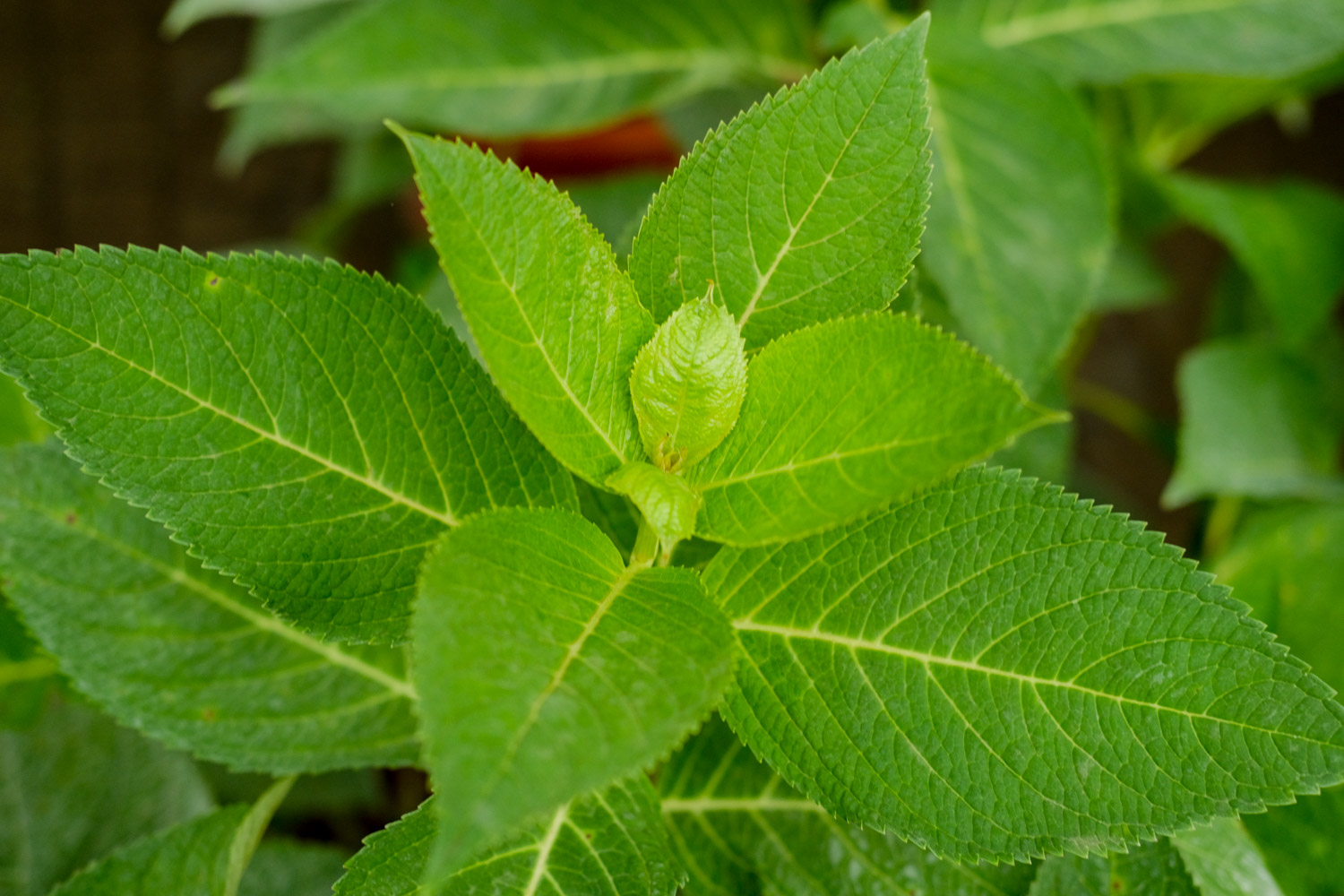

 jackfruit
jackfruit snake plant
snake plant hibiscus
hibiscus hydrangea
hydrangea lavender
lavender Green roses climb al...
Green roses climb al... If you don't pay att...
If you don't pay att... Management of four g...
Management of four g...

